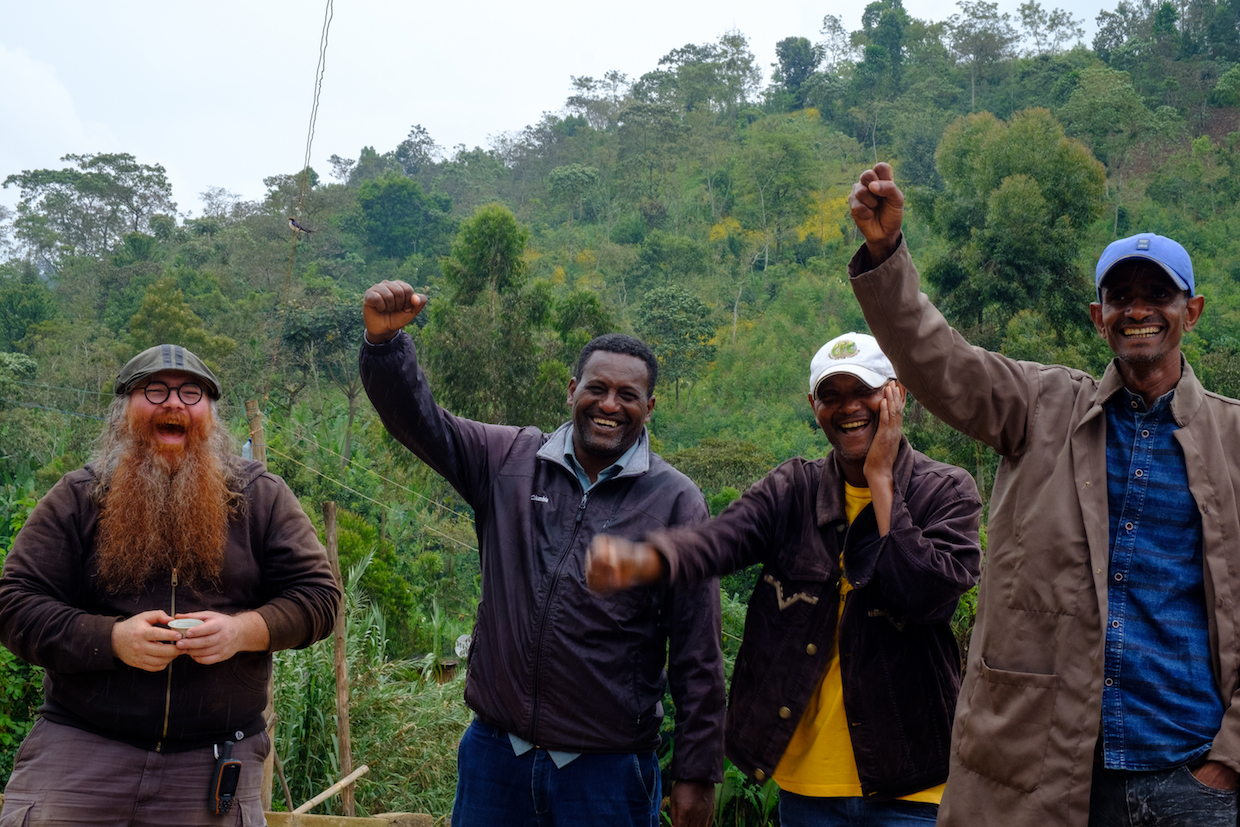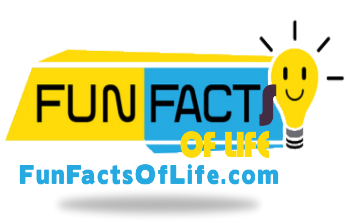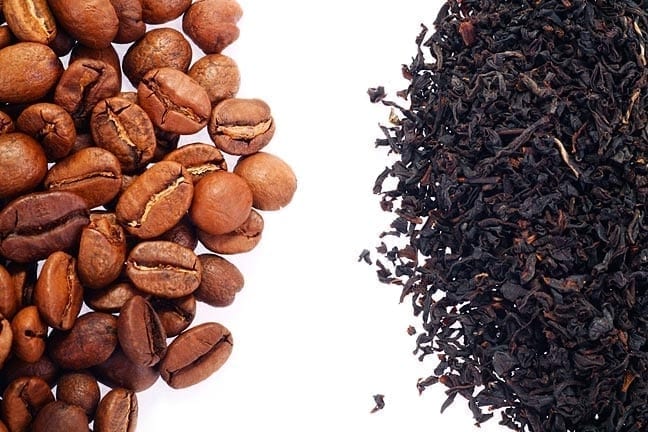If you are currently following a ketogenic diet, also called keto, then you have probably…

Importer Catalyst Trade Offers a Fresh Vision for Ethiopian Coffee

Emily and Michael McIntyre, two of the three co-founders — along with Zelalem Girma Bayou — of the new Ethiopian coffee trading company Catalyst Trade. Photo by Emily McIntrye, courtesy of Catalyst Trade.
Upon launching their family-run, seed-to-cup coffee consulting brand Catalyst Coffee Consulting, founders Emily and Michael McIntyre weren’t exactly sure where the venture would take them, but they did have their sticking points.
“We’re not just looking for new clients or to just get bigger,” Emily McIntyre told Daily Coffee News in 2015. “We really deeply believe in relationships, regardless of whether we’re going to make any money or not.”
Fast forward to today and that same spirit applies to the McIntyres’ newest venture, a coffee trading and import company based jointly in Oregon and Ethiopia called Catalyst Trade. The company, which has been busy wrapping up its first season of imports, is focused exclusively on Ethiopian coffees, while attempting to provide an unprecedented level of quality control, traceability and supply chain equity within coffee’s native birth country.

Catalyst Trade Co-Founder Zelalem Girma Bayou and Michael McIntyre cupping. Photo by Emily McIntrye, courtesy of Catalyst Trade.
An experienced coffee marketer and journalist, Emily McIntyre is acting as general manager of the company. A Q Grader and award-winning roaster, Michael McIntyre is serving as the sourcing manager, spending several months out of the year in Ethiopia running quality control. A third and critically important co-founder in the venture is Ethiopian Zelalem Girma Bayou, who leads the operation in Ethiopia while personally overseeing every pound of coffee that flows through the Catalyst supply chain, according to Emily McIntyre.
We reached out to Emily McIntyre to learn more about Catalyst Trade, including why the company has a singular focus on Ethiopia, whom the partners see as ideal buyers, and how the venture’s business model stands apart from most traditional import/export models.
(note: this interview has been shortened for space and clarity.)
When did Catalyst Trade officially launch?
Catalyst Trade launched in the summer of 2018, and the 2018-19 harvest is our first year of importing under our own auspices.
Where is the business registered? What’s the relationship between CT and Catalyst Consulting?
The business is registered in the state of Oregon and has Ethiopian shareholders as the majority. The relationship between CT and Catalyst Coffee Consulting is simply that Michael and I are founders of both. Deeper than that, though, is the reason we chose to continue the name of Catalyst with the importing company… It made sense to us to keep the momentum we’ve built, and make it easier for our customers to transition.
Why Ethiopia? What are your connections there? And why do you think this model could work there?
I firmly believe that the best things in life are surprises. It would certainly take a surprise to bring two Midwestern kids (Michael and me) into daily working relationships with Ethiopian coffee professionals like Zelalem and our many producing partners and shareholders, especially when you consider that Michael is an ex-seminarian and I was a music teacher. The surprise for me was a series of surprises: when we initially began working in Ethiopia, we also were working with producers and importers in Colombia, Cameroon, Nicaragua and Peru, among others. Over time our focus narrowed, and doors opened.
In 2016-17, Michael and I moved to Ethiopia for the sourcing season along with our then-4-year-old daughter, Eire. I think that this was the point at which we began to truly identify with Ethiopian coffee, although we had worked with the producers for years already. Daily life in Addis Ababa and on coffee projects throughout the country taught us lessons we really needed to learn. We produced a case study which directly influenced the new transparency legislation in summer of 2017 — that was awesome. And then, when we [wrote] an article on the Gedeo Zone riots in Daily Coffee News, the Ethiopian government directly responded by investing the equivalent of $8 million USD to rebuild the area. We began to realize the outsized effect our hard work could have and focused entirely on Ethiopia.

Zewdi (manager), Michael and Zele strategizing at washing station Semalo Pride in 2017. Photo by Emily McIntyre, courtesy of Catalyst Trade.
Ethiopia is inherently a relational place, and a country with a rich existing coffee industry. Our intention is to respectfully do quality business with our Ethiopian and other partners and thus be part of the positive changes happening around the world in the coffee trade.
Michael’s, Zele’s and my core vision remains unchanged, though what it looks like shifts all the time. This is: to be part of the positive trend toward better profit distribution, honesty and respect in the coffee industry globally.
Beyond the “what” CT hopes to achieve, can you explain more about the “how?” In what specific ways will the CT model be different than the traditional farm/mill/export/import model?
Working in Ethiopia, we are constrained to certain legal structures in how we buy coffee and work with exporters. While it would be nice to see increased partnership available between buyers and producers, we value the way the country safeguards the often-vulnerable folks at various points in the chain. This is the point of the ECX, and for the whole, it works. At Catalyst Trade we don’t “buck the system” or complain about how difficult it is to do business in Ethiopia. Instead, we learn as much as we can all the time and constantly improve the way we work within the existing system. Whenever we have the chance to give feedback on how, from our perspective, the system could be improved, we give it — respectfully.

Lead staff at Bombe Washing Station celebrating Good Food Award wins. Photo by Emily McIntyre, courtesy of Catalyst Trade.
Frankly, you can throw a rock in the air in Ethiopia and find stunning coffees to buy. It’s like going to the grocery store and deciding which artisan bread to buy today. But that’s not how we do things. Treating people with dignity and respect is our most important value. And we are all constantly learning more about what that looks like in an international trade setting. One way we honor our partners is by contracting as much in advance as possible.
There are many reasons for this model. Chiefly, we know how risky it is for producers in Ethiopian to invest in the time, quality cherries and extra training and oversight needed to produce the very top lots. Without a guaranteed buyer, they are likely to lose the money when they sell those lots, which might score a point or two higher, at the ECX or to a buyer who doesn’t care about the added value.
Another facet of our operation is our intense obsession with quality control. We pull samples at every stage, from the washing station beds through arrival, and we pull from 100% of the lot instead of the industry standard of 30% for specialty, to ensure we are tasting true representative samples. Zele personally oversees every bean being processed and we have many protocols to ensure better sorting than usual. We pay all the day laborers a premium when they handle our coffees, to respect their additional work. We also build into our contracts with the producers set premiums in addition to the base cost per pound which they can access when they adhere to our quality protocols at the acquisition, drying and experimentation level — plus a minimum cup score premium.
To recap all of this, we are a small team who have the privilege of working with wonderful coffees and wonderful people. We revel in the communication and level of relationship necessary to pull this off and are always looking for ways we can reduce risk, add opportunities and increase profit margins for everyone.
Who do you see as the potential buyers?
The honest answer is, not everyone. Here’s a portrait of our ideal buyer: a roaster who gives a shit about how their coffees are sourced, communicates well in advance about forecasted needs, and pays on time (or early — we offer discounts for that!). Size doesn’t matter so much as quality. We look for roasters who make good long-term decisions and who we can trust to honor their contracts.

A member of the Catalyst Trade braintrust, Eire McIntyre, cupping in Addis. Photo by Emily McIntyre, courtesy of Catalyst Trade.
After years of building the platform for Catalyst, we are in the fortunate position of having far more demand than supply, since we can only scale in a yearly percentage. We don’t spend money on marketing, and Michael and I are the only sales people on the team. At risk of sounding mushy, we’ve built Catalyst on trust and trust remains our greatest coin, no matter how much coffee we sell. We value and protect trust above anything else, so we seek customers we can trust as people and businesses.
I’d like to add that we provide quality control export services for other importers that bring coffee to parts of the world to which we don’t currently import. This is one part of our business we plan to build out further in the future, but there’s a huge need for it.
Do you have coffee to offer right now?
We are closing out our commitments for the 2019 calendar year for Gr. 1 coffees, but we are starting conversations with roasters for next year — so definitely reach out if you’re intrigued and want to work with us on that front.
I outlined our process for contracting top quality Gr. 1 lots above, but what I didn’t mention is our Community Lots Program… In a nutshell, we aim to avoid the common and damaging behavior of scraping off top lots from washing stations by pre-contracting top lots and buying as much volume as possible of the great coffee, scoring 85-87, that pours through the mills. We have a washed brand and a natural brand, which allow roasters to rely on the consistent flavor profile and value-driven price point in their sourcing programs. We are able to pay higher premiums for these coffees than producers normally get on the ECX and, due to efficiency of scale, offer roasters great landed prices.

Emily photographing at farm of Negusse, in Sidama. Photo by Lance Nichols, courtesy of Catalyst Trade.
Are you working with other logistics companies for warehousing/shipping, etc?
We work with Air Tiger Express for our customs brokering and import logistics, with Costa Oro for our in-country logistics, and with Dupuy Houston for our incoming warehouse. Part of the strength of our business is in leaning on professionals to help in these areas so we can be more effective in customer support, sourcing and communications.
Related Reading
Nick Brown
Nick Brown is the editor of Daily Coffee News by Roast Magazine. Feedback and story ideas are welcome at publisher (at) dailycoffeenews.com, or see the “About Us” page for contact information.






